21, June 2018
Yaounde says Ambazonian fighters have killed 84 troops since Sept. 2017 0
Armed separatists in English-speaking regions of Cameroon have killed over 80 soldiers and police since their insurgency began in September last year, the government said in a report on Wednesday that suggests the conflict is intensifying.
What began in late 2016 as a peaceful movement calling for greater representation of the mostly French-speaking country’s Anglophone minority morphed into conflict after a heavy-handed government response, in which troops shot at civilians from helicopter gunships and burned villages.
That bolstered support for some in Anglophone Cameroon who want to form a new state called Ambazonia. The unrest in the oil- and cocoa-producing Southwest and Northwest regions often involves hit-and-run attacks by insurgents on the army.
“Statistics as of 11 June 2018 showed that 123 attacks had been carried out claiming 84 lives, including 32 soldiers, 42 gendarmes, seven police officers, two prison warders and one eco-guard,” said the report, presented by Prime Minister Philemon Yang at a news conference in Yaounde.
In February, an army spokesman told Reuters separatists had killed 22 soldiers and policemen in the previous five months.
No figures are available for casualties on the separatist side, but its leaders says there have been some.
The fighting has forced tens of thousands of civilians to flee over the border into Nigeria. In the report, the government pledged 12.7 billion CFA francs ($21.7 million) over 18 months to help nearly 75,000 people who have been displaced across the two Anglophone regions.
President Paul Biya seeks reelection in October polls, after leading the country for more than three decades.
Culled from Reuters
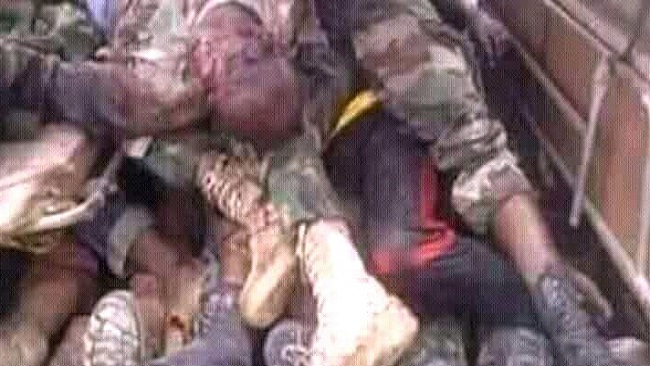
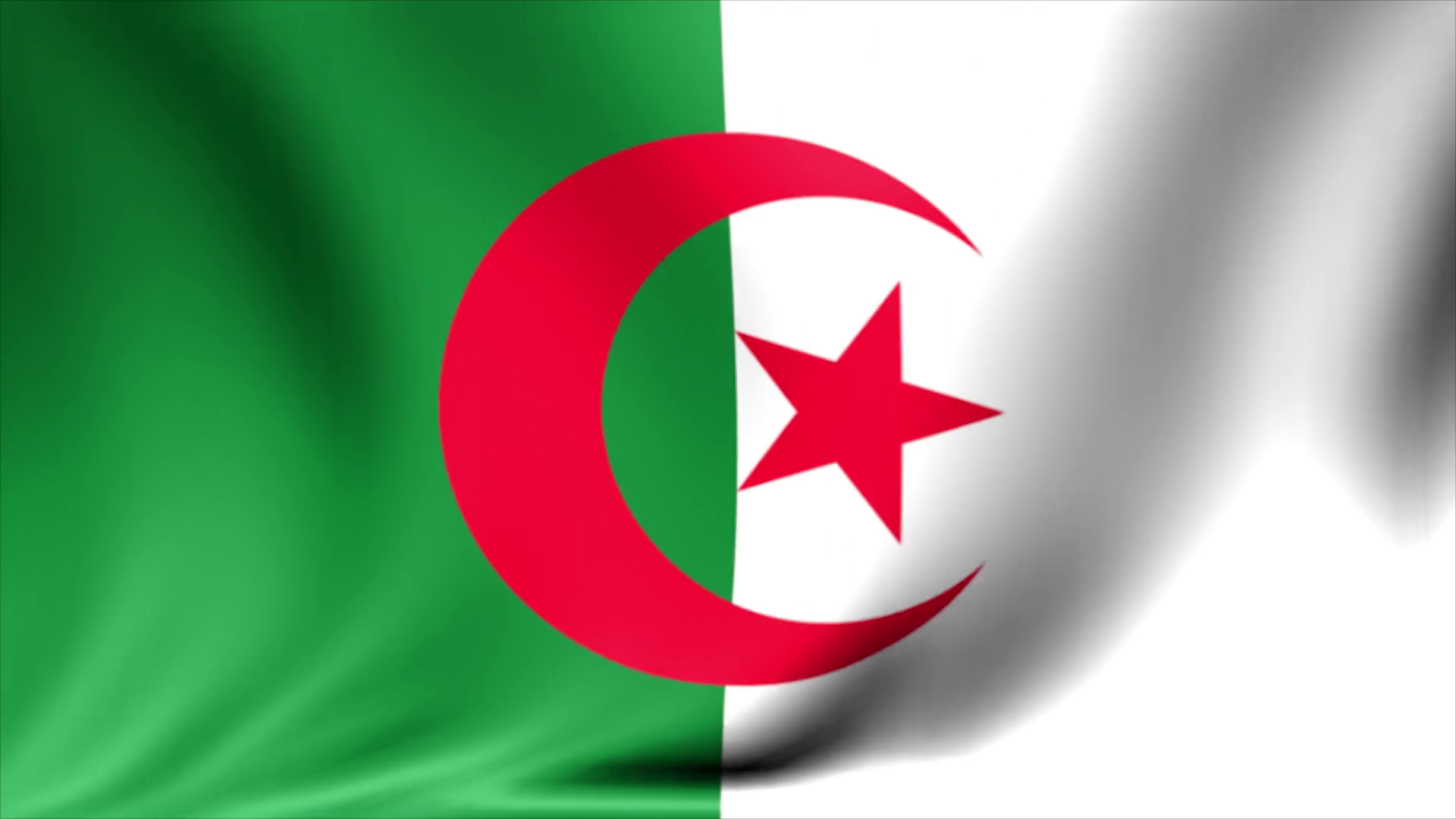
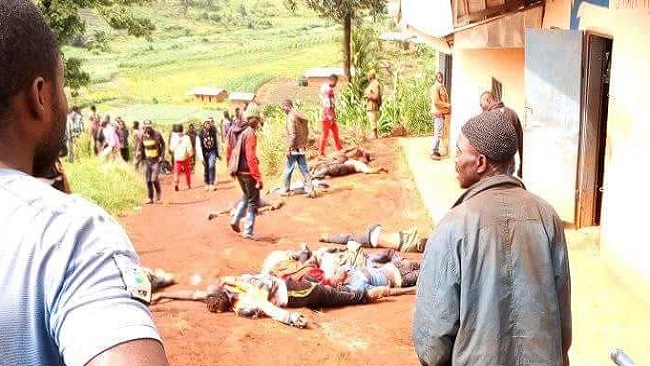




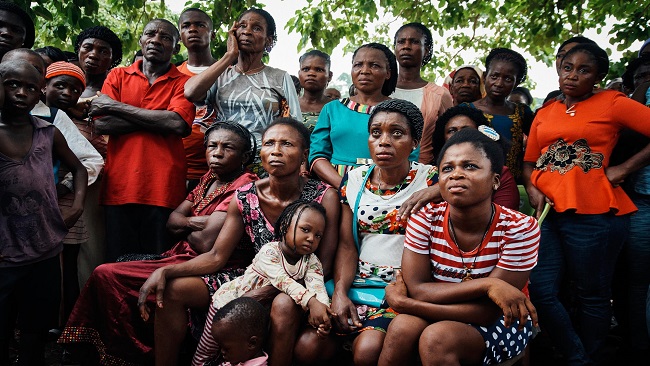

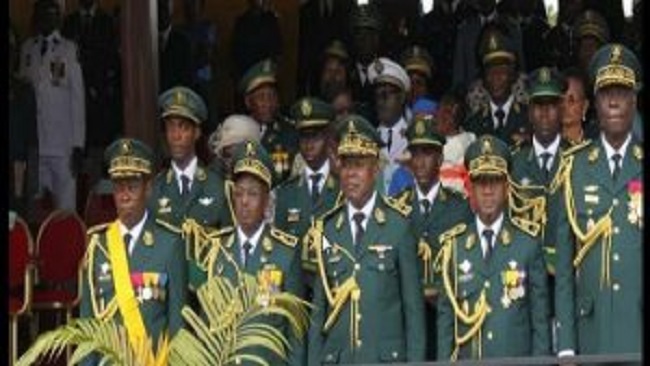
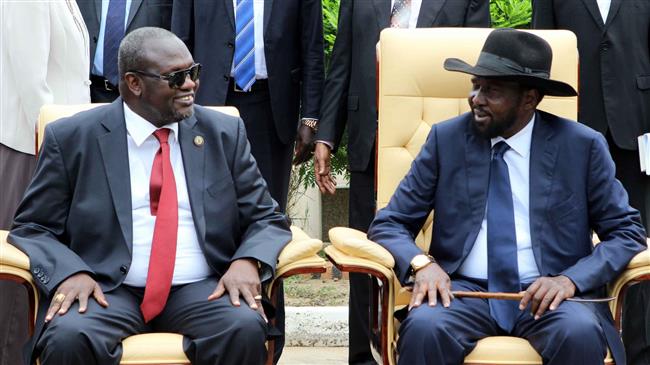



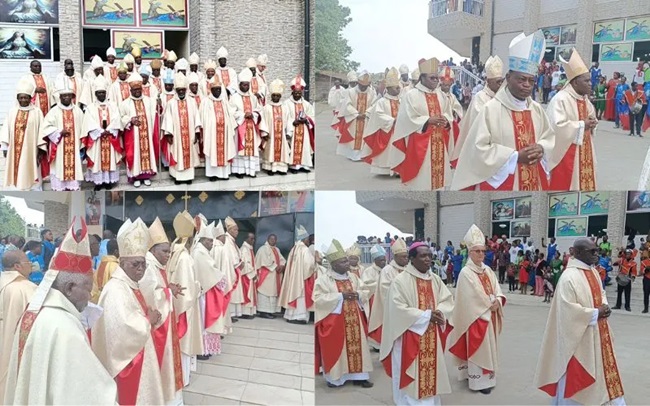














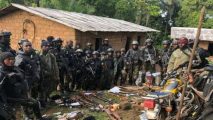


21, June 2018
Amnesty International Finds Trouble Brewing in Cameroon 0
In a new 37 page report, the rights watchdog Amnesty International has documented “unlawful killings, destruction of private property, arbitrary arrests and torture” in two restive regions in Cameroon tied to a power struggle pitting French against English-speaking Cameroonians.
In the Amnesty report titled, “A turn for the worse: Violence and human rights violations in Anglophone Cameroon”, victims gave harrowing accounts of beatings and allegations of simulated electrocution and torture carried out by the military as well as attacks on schools and teachers by armed Anglophone separatists.
“Far from resolving the crisis, the clampdown on any form of dissent and the heavy-handed response by the Cameroonian authorities and security forces appear to have empowered and created space for more radical and violent movements to emerge, with a focus on secession and armed struggle,” Amnesty said.
Unrest in Cameroon drew international attention in November 2016 when English-speaking teachers and lawyers in the northwest and southwest began calling for reforms and greater autonomy. They marched on the streets, criticizing what they called the overbearing influence of French in the country, which has English and French as its official languages.
Last month, a military tribunal sentenced seven English-speaking detainees to 10 to 15 years in prison in connection with the unrest that has paralyzed business. Among them was radio host Mancho Bibixy, leader of the so-called “coffin revolution” who used an open casket in street demonstrations calling for better conditions for the poor.
While news accounts refer to “separatists” and “Anglophones”, few discuss the historic ties of the “separatists” to Ambazonia, the southern territory of Cameroon founded for freed slaves in the 19th century, ceded to Germany, regained by the armies of France, Britain and Belgium and finally becoming a UN trust territory in 1961.
Among the news sites that follow Ambazonia is the U.S.-based Waging Nonviolence. In a story this month on the deteriorating situation in southern Cameroon, they write:
“The patience of some Ambazonians has worn thin over the past several months, as government repression continues to escalate. While the majority have stuck with nonviolent resistance, a violent flank of separatists have armed themselves, using guerrilla tactics to abduct and kill agents of (President Paul) Biya’s government. This has enabled Biya to brand the military occupation of Ambazonia as a struggle against terrorism. And scorched-earth tactics have increased since late 2017 as a result.”
Culled from The Chronicle